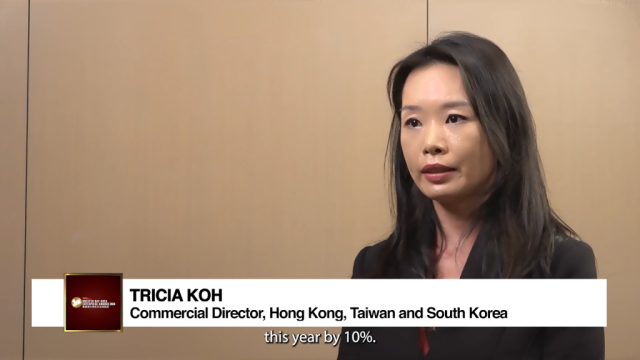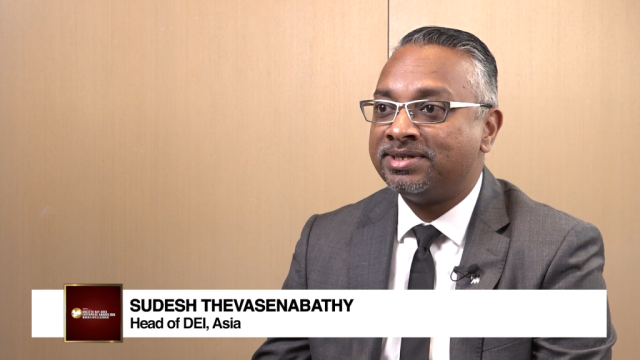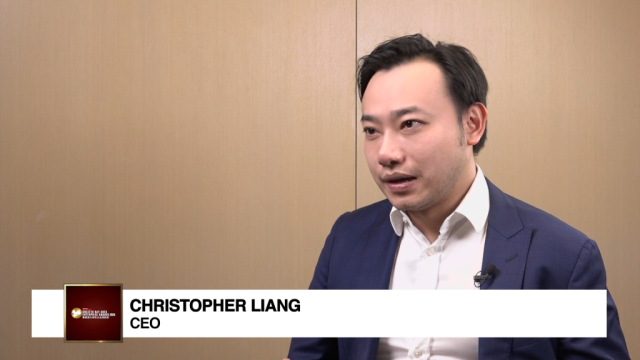Employers urged to redefine meaning of workforce “talent”
A limited definition means missed opportunities.
Almost half of Asia’s CEOs do not consider their entire workforce when they use the word ‘talent’. But by widening their definition employers could gain a competitive advantage in the race to develop and retain a high-performing workforce, says recruiting experts Hays.
According to a release from Hays, based on the report entitled Economist Corporate Network (ECN) report Aligned for success? Strategy, talent management and the role of the CEO in Asia, which was sponsored by Hays and based on a survey of 530 regional business heads and country CEOs in Asia, just 57 per cent defined talent as referring to their entire workforce.
A further 23 per cent defined talent only as knowledge workers in professional, managerial or leadership roles, while 19 per cent understood talent to refer only to people with potential for senior/leadership roles. The final 1 per cent said ‘talent’ means people with potential for global roles.
“If CEOs define ‘talent’ in such limited capacity they are missing a great opportunity,” says Christine Wright, Managing Director of Hays in Asia.
“When we think about talent, retention or career development we should widen our scope. Employees – regardless of their current position – have potential, and if they are nurtured, mentored and given the opportunity to develop their skills, they can become highly valued ‘talent’.
Here’s more from Hays:
“Of course there will always be a small percentage of staff who, for whatever reason, are unlikely to remain with an organisation long-term. But the majority of employees should be considered ‘talent’ and given the opportunity to develop and progress within the organisation. Otherwise, employers are missing out on the potential of almost half their staff.
“Given Asia’s worsening talent gap and shortage of highly-skilled local professionals, there is a real opportunity here for business leaders to develop their staff to fill skill gaps and overcome the talent gap,” she said.
Hays shares these five tips for any organisation wishing to implement a professional development program for all their staff:
1. Identify and track development needs:
Sit down with employees individually to discuss and agree their career development and career goals. Use performance appraisals, formal and informal discussions and feedback from colleagues and customers to track and review development needs. Know what motivates individual staff. For example, one employee may be motivated by a fast-tracked development program to senior management, but a less ambitious employee could be encouraged to take on more or different responsibilities.
2. Set clear expectations:
Professional development does not solely involve training. It is as much about an employee’s ability to see a clear path of progress and know exactly what they need to do to achieve it. So clearly set your expectations for each individual’s professional development pathway.
3. Review progress:
Having a process to track and review development is critical; it is far better to invest in development that is actually required rather than perceived to be so.
4. Training that works:
Identify the most suitable training. Set clear objectives so that everyone can be involved in measuring the effectiveness. But remember, training doesn’t always have to be in the classroom. Coaching can be directed to many different scenarios, from correcting poor performance (it is one-to-one which is usually more effective) to improving motivation and encouraging employees to find their own answers.
5. Mentorships:
Another common development strategy is the use of mentorships. Provided you have appropriate mentors within your organisation, less experienced employees can gain the knowledge of their more experienced colleagues. Given the informal nature of information exchange and the relationship-basis of mentoring, mentorships allow an organisation to retain such knowledge as lessons that have been previously learnt, right through to implicit awareness such as why reports are written in a particular way or who to contact for particular information. Mentorships also allow your organisation to retain technical knowledge. In terms of overall productivity, this in itself has obvious consequences.






















 Advertise
Advertise








